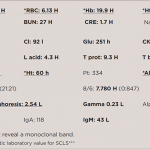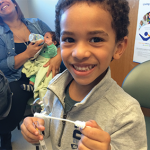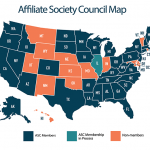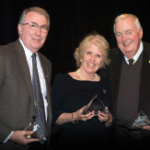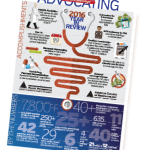My nurse, Joanne, took me aside before I began my next consult. “Room No. 5, breast implant patient. Her lawyer organized the records.” She handed me a hefty three-ring notebook organized by color-coded tabs. “Her attorney called just now,” Joanne raised an eyebrow, “and told me to tell you that, to save time, he highlighted…




